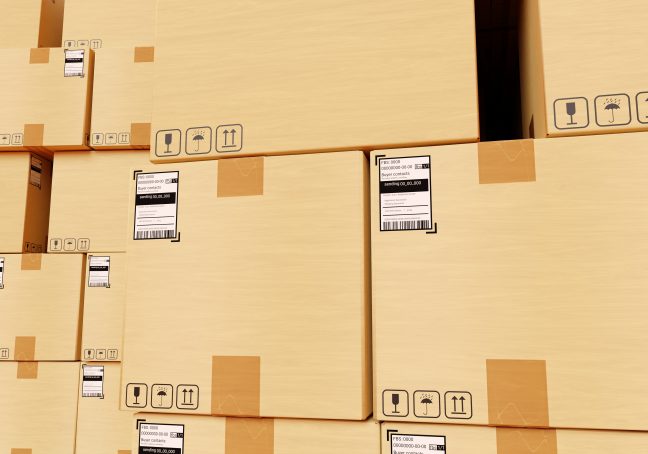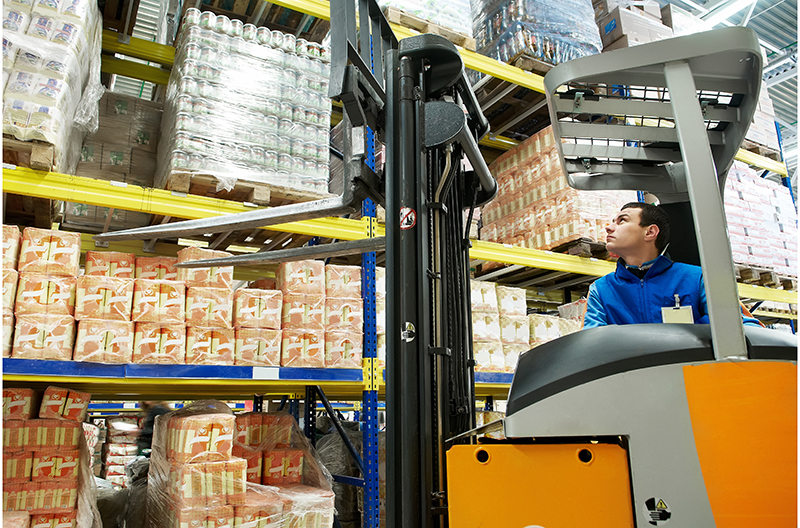The FDA has proposed establishing additional traceability recordkeeping requirements for those who manufacture, process, pack or hold foods the agency has designated for inclusion on the Food Traceability List.
The proposed Food Safety Modernization Act regulations require capturing batch or lot and similar shipment level data for a wide variety of fresh produce, seafood and dairy products as they move through the supply chain, as previously reported by The Shelby Report.
This presents a massive data management challenge as it represents thousands of products, tens of thousands of locations and millions of tracking events on a near daily basis.
“The proposed requirements would help the FDA rapidly and effectively identify recipients of those foods to prevent or mitigate foodborne illness outbreaks and address credible threats of serious adverse health consequences or death,” according to its website.
The food traceability proposed rule requirements include:
- Critical Tracking Events – Growing, receiving, transforming, creating and shipping are Critical Tracking Events for which records would be required.
- Required records would need to contain specific Key Data Elements. These KDEs would depend on the CTE being performed.
- The records required at each CTE would need to contain and link the traceability lot code of the food to the relevant KDEs.
This proposed rule places an emphasis on the traceability lot code, which is important for various reasons as provided by the FDA:
- It makes links within a firm and through a supply chain.
- Stays the same as a product moves through the supply chain until a transformation of the food occurs.
- Along with the information on the traceability lot code generator, it helps FDA to quickly go back to the entity within the supply chain that originated, created or transformed the product.

Urgency
There currently isn’t enforcement of tracking products all the way through the supply chain of the retail grocery store, said Derek Hannum, chief customer officer at Salt Lake City-based ReposiTrak. The company provides retailers, suppliers and wholesalers with a solution suite to help reduce risk and comply with regulatory requirements, enhance operational controls, source and discover new vendors and increase sales with brand protection.
“When there is a recall, it’s a little bit of the FDA playing forensic detective to try to evaluate in the supply chain to put together the puzzle pieces…if the romaine (lettuce) started at one farm, by the time it gets into stores, it’s been through a half a dozen other parties,” Hannum said.
“It could be a processing facility that wasn’t part of the farm. It could be a transporter where it was transported at least once and possibly multiple times…it could have gone through at least one distribution center, maybe more. And then it ends up at a number of stores eventually, in restaurants too.
“Tracing and all the way down to the stores – the FDA has not enforced because the general consensus in the industry was that it’s expensive and operationally burdensome to the point that it would be really crippling for the industry – my words,” Hannum said.
The FDA must submit a final rule to the office of the Federal Register by Nov. 7.
“There will likely be a delayed enforcement period, which has been FDA’s track record around FSMA,” Hannum said. “So they have to analyze the rule by Nov. 7 and publish it in the Federal Register, which makes it official, but they will likely phase it in over two years for enforcement.”
The proposed rule would concern various types of food products, but for dairy, deli and bakery, it would include soft cheeses, deli salads and the ingredients for deli sandwiches, including tomatoes and lettuce.
An available solution
Cumbersome label and scan approaches involving manpower and process changes will be economically and operationally unsustainable at this scale of activity, according to a previous article of The Shelby Report. The ReposiTrak technology requires neither labeling nor scanning.
In an example with requiring KDEs in a record, Hannum said ReposiTrak can take that information from the supplier system and pull it into the ReposiTrak platform.

ReposiTrak has a network on a platform of retailers, wholesalers and their suppliers that use it to share documents.
“Once you’re plugged into the network and your system talks to the ReposiTrak network, that’s like a one-time setup,” Hannum said. “And then every time you ship, we just collect the information automatically, it just runs behind the scenes – like plumbing in the walls. And we’re creating a record every time for the recipient of that.
“Because we know the lot codes that were shipped from the shipper into the distribution center, there’s no reason for the distribution center to scan anything, we’re telling them what was shipped to them. We just created that record for them.”
ReposiTrak wants to continue to create awareness around the rule and educate the industry. Hannum emphasized the urgency of this proposed rule concerns tens of thousands of retailers, restaurants and distribution centers.
“It’s a massive supply chain collaboration platform that might arguably be the largest supply chain collaboration project in history,” Hannum said. “Our advice to anybody – more so than work with us – is don’t wait, get started, do something. If you think that two years isn’t going to come and go really fast…you’re going to be standing there at the gates of the enforcement deadline and you haven’t started yet, you’re toast. There’s no way you’re going to get it done.”
For more information, visit repositrak.com.
For more national news from The Shelby Report, click here.

